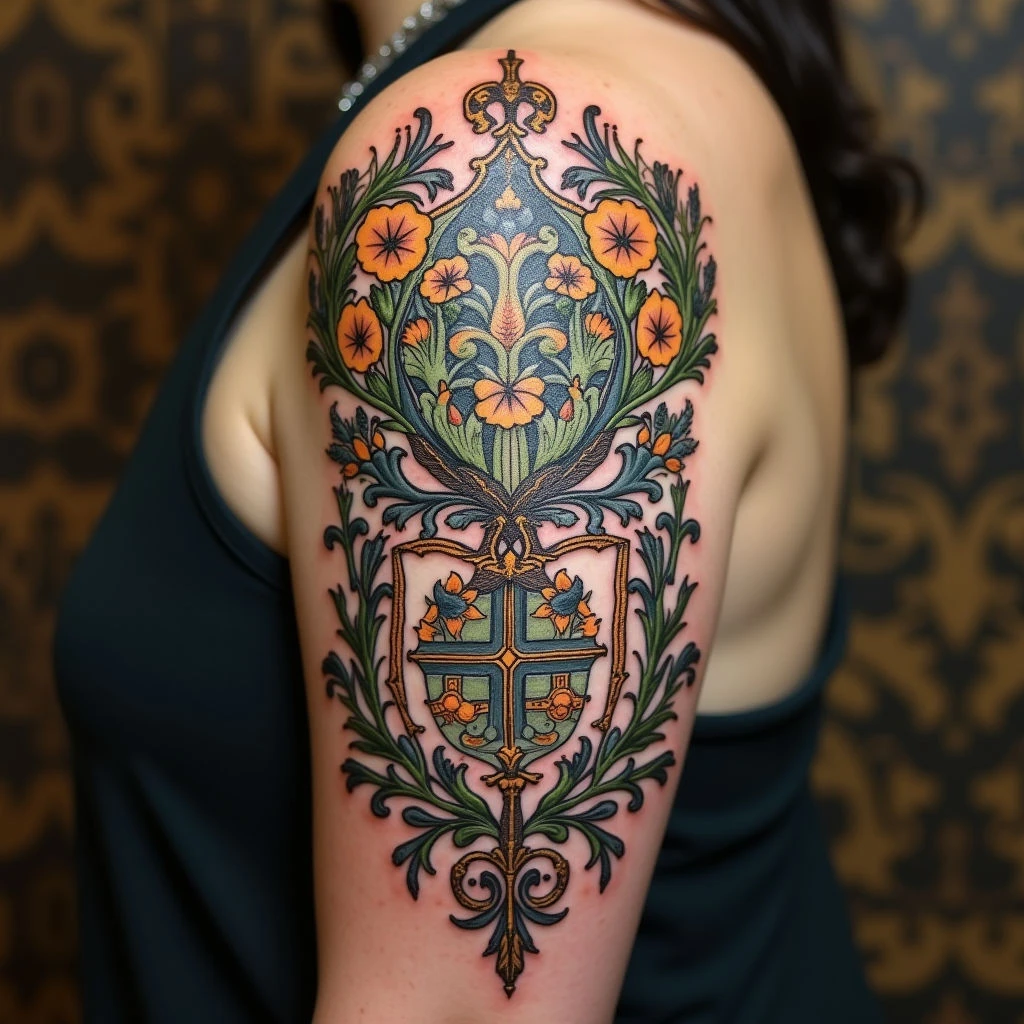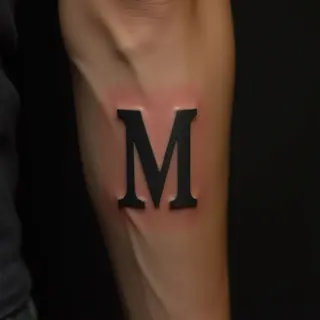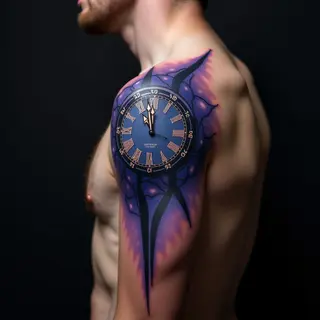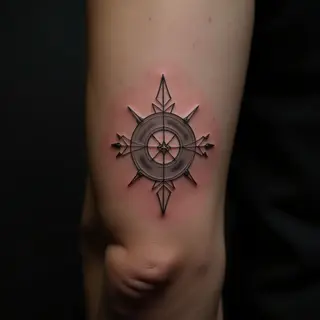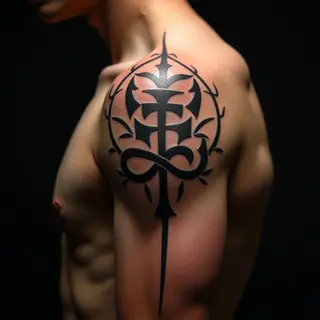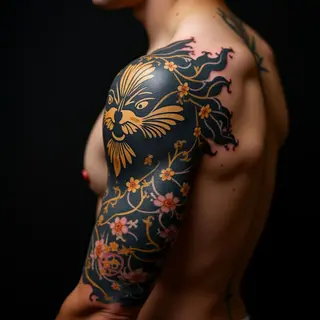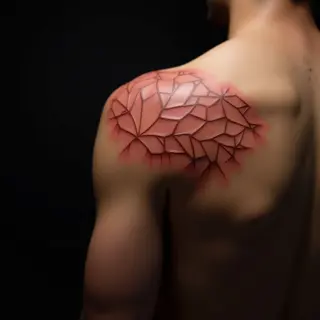Transforming Regret: Tattoo Cover-Ups Inspired by Medieval Art
Time can be unkind to tattoos—we've all seen those regrettable choices. But don’t worry; just as medieval artisans once skillfully hid imperfections in illuminated manuscripts, you can use similar techniques for a tattoo cover-up. It's more than just hiding something; it's about creating something new.
Understanding Your Canvas
Before you start, take a good look at the tattoo you want to cover. Its size, how much color it has, and its complexity all matter. A large, bold tattoo needs a bolder design, while smaller ones allow for more delicate artistry.
Medieval Inspiration: A Palette of Possibilities
Medieval art provides incredible inspiration. Let's explore some ideas:
-
Illuminated Letters and Borders
Intricate borders, like those found in medieval manuscripts, can beautifully frame and hide faded or unwanted elements. The detail really draws the eye.
-
Heraldic Designs & Coats of Arms
The symmetry and density of heraldic crests are perfect for covering larger areas. You can choose colors and symbols that work well with your existing tattoo, creating a unified look.
-
Bestiaries & Mythological Creatures
Think griffins, dragons, and unicorns! These fantastical creatures offer dynamic designs that can strategically hide parts of the original tattoo. Their details add a touch of magic.
-
Floral Motifs & Vine Work
Dense floral designs and vines are also great for concealing tattoos, blending naturally with the existing artwork.
Techniques for Seamless Concealment
Here are a few key techniques to keep in mind:
-
Density is Key
Use plenty of ink to effectively hide the original tattoo.
-
Strategic Placement
Work with your artist to position elements that draw attention away from what you're covering.
-
Color Harmonization
Choose colors that complement or blend with your existing ink for a more harmonious result.
A successful tattoo cover-up is truly an art form—a way to transform something you’re not happy with into something beautiful and meaningful.
